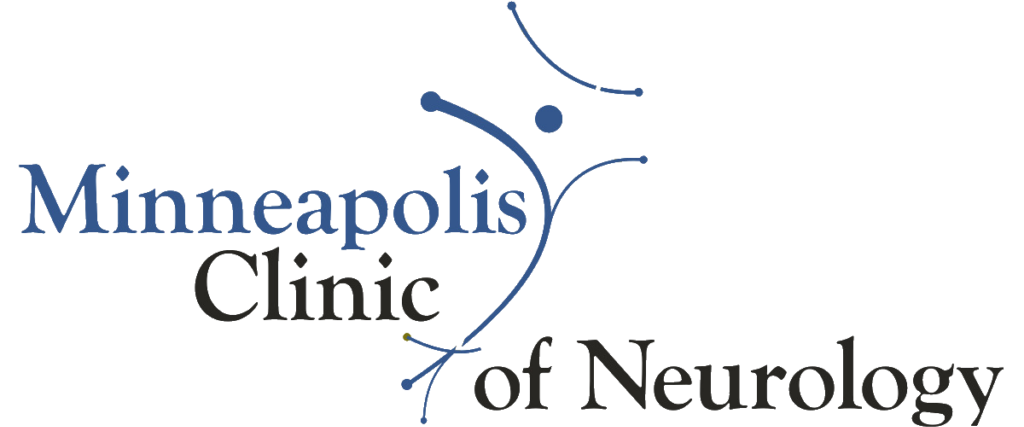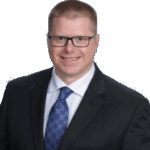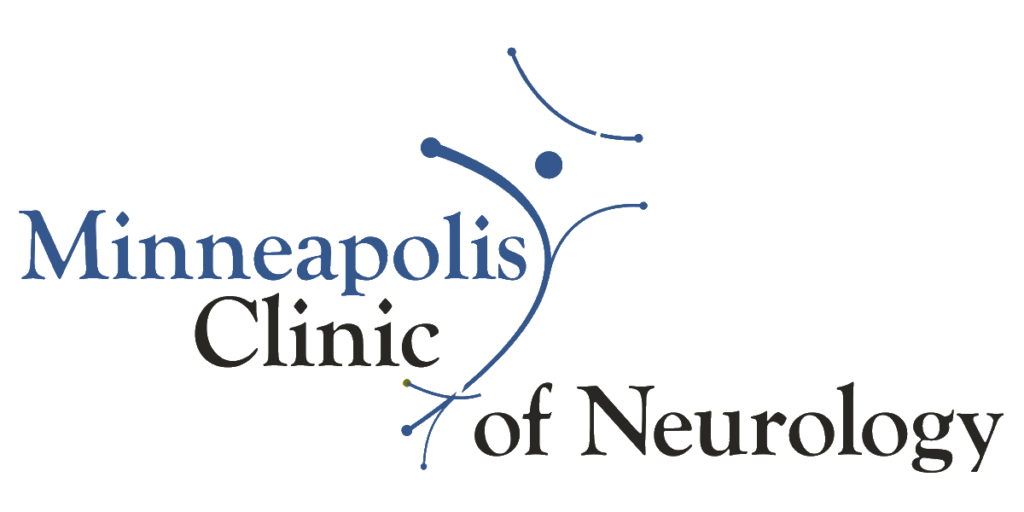Stroke Recognition and Response Can Save Lives
Stroke recognition and response can save lives, yet many people are unsure what signs to look for or how to act quickly. In this episode of the Neurology Now Podcast from the Minneapolis Clinic of Neurology, our providers explain the warning signs of a stroke, what to do in the first critical minutes, and why acting fast makes all the difference.
About the Neurology Now Podcast
The Neurology Now Podcast explores the mysteries of the brain and highlights the experiences of patients living with neurological conditions. Each episode features experts from the Minneapolis Clinic of Neurology sharing insights to help patients and families better understand brain health.
Meet Dr. Matthew Ostrander
In this special episode, host Pete Waggoner is joined by Dr. Matthew Ostrander, a vascular neurologist at the Minneapolis Clinic of Neurology. Together, they discuss stroke prevention and treatment and the critical importance of timely response when symptoms appear.
Understanding Stroke and Its Impact
Imagine a sudden event that changes everything in an instant—that’s the reality of a stroke. Strokes disrupt blood flow to the brain and can impair critical functions such as movement, speech, and memory. Dr. Ostrander provides valuable insight into the different types of strokes, their causes, and why early intervention makes such a difference.
Advancements in Stroke Care
Pete and Dr. Ostrander explore the latest advancements in stroke treatment, including new therapies and prevention strategies. They also highlight resources such as the American Heart Association’s Life’s Essential 8, which offers practical steps for reducing stroke risk through lifestyle changes.
The Recovery Journey
Beyond treatment, the conversation looks at the emotional and physical challenges faced by stroke survivors and their families. Support from healthcare professionals, rehabilitation services like neurological physical therapy, and family involvement are essential parts of recovery.
Why This Episode Matters
Join us as we uncover the complexities of strokes, celebrate the resilience of survivors, and learn how to recognize and respond to this medical emergency. From spotting early warning signs to understanding treatment options, this podcast episode is a must-listen for anyone looking to deepen their knowledge about stroke recognition and response.
Takeaways:
- Strokes are sudden events with varying symptoms, making timely intervention critical.
- Understanding the types of strokes and their causes can aid in prevention and treatment.
- Support from healthcare professionals, lifestyle adjustments, and family involvement are key to managing stroke recovery.
In this episode:
[00:02:38] An overview of strokes, highlighting the sudden nature and impact on the brain.
[00:05:40] Dr. Ostrander explains ischemic and hemorrhagic strokes, including symptoms and causes.
[00:07:45] Discussion on transient ischemic attacks (TIAs) and their significance.
[00:09:33] Early warning signs of strokes and the importance of immediate medical attention.
[00:12:00] Advancements in stroke treatment and prevention.
[00:13:28] Strategies for stroke recovery, including therapy and lifestyle changes.

Resources:
- Minneapolis Clinic of Neurology
- Dr. Matthew Ostrander
- American Heart Association’s Life’s Essential 8
- Read Show Transcript
Quotes:
- “Stroke is a very sudden neurologic event, often caused by a lack of blood flow to the brain.” – Dr. Matthew Ostrander on the sudden nature of strokes.
- “Recovery from a stroke is highly variable and depends on many factors, including the severity and location of the stroke.” – Dr. Matthew Ostrander on the variability of stroke recovery.
- “Timely intervention is critical in stroke treatment to minimize long-term damage and improve outcomes.” – Dr. Matthew Ostrander on the importance of timely intervention in stroke treatment.




